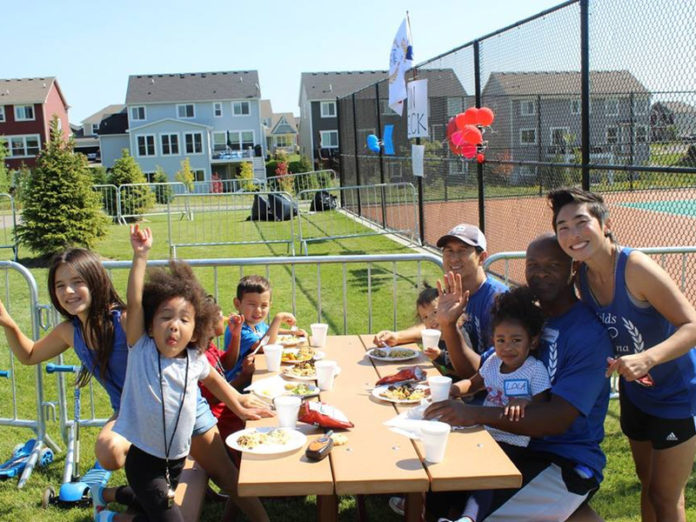‘Twas the night before summer vacation—visions of sandy toes, dripping popsicles, and lake jumps danced expectantly through every child’s head. Like kids, parents look forward to the change of pace and activity that summer brings. The last thing parents want to do is call their children inside (for the millionth time) to practice math facts and memorize sight words while summer fun beckons Minnesota’s youth to play “just one more game.”
Nevertheless, children need to review and reinforce what they learn in school to avoid stumbling down the treacherous summer slip ‘n’ slide. School is out for three whole months: that is one quarter of the year! Let that sink in like a cold sprinkler to the face. Exercising the mind muscles vigorously for nine months and then sitting in stagnation for the summer will inevitably lead to muscle atrophy. Students must train their brain, but how do we parents promote summertime learning without it becoming nails on a chalkboard?
Rather than purchasing a menagerie of summer workbooks or assigning daily seatwork, pack a picnic of enticing activities to choose from during the three-month hiatus. Academics should not be the sole priority; we must incorporate social-emotional learning and teach our youth to care for each other, themselves, and the world. Therefore, the perfect picnic for learning consists of a well-balanced meal that nourishes these four areas: body, mind, environment, and humanity. You can focus on each of the four spaces separately or weave them all together in one interdisciplinary activity, like making a walking lemonade stand where profits help someone in need. Together as a family, you should construct your own picnic menu, but here are some ideas to get you started:
Body: water balloon fights, summer smoothies with fruits and vegetables, local parks, treasure hunting, butterfly chasing
Mind: weekly library trips, nature journals, sidewalk chalk math, sight words in the sand, daily reading
Environment: clean up local parks, tend a garden, substitute bike for car, have a biodegradable picnic, plant a tree
Humanity: visit grandparents, complete outdoor chores for neighbors, create kindness cards, bike with family, pick flowers for a friend
It is not necessary to follow a stringent meal plan where your children must read for an hour each day or do three pages of math problems every night; just feed each of the four regions as much as possible. Children possess a ravenous appetite for learning—it behooves us parents to take the time and care to satiate their high-caloric diets with rich learning experiences for the mind, body, and soul. Happy picnicking!







